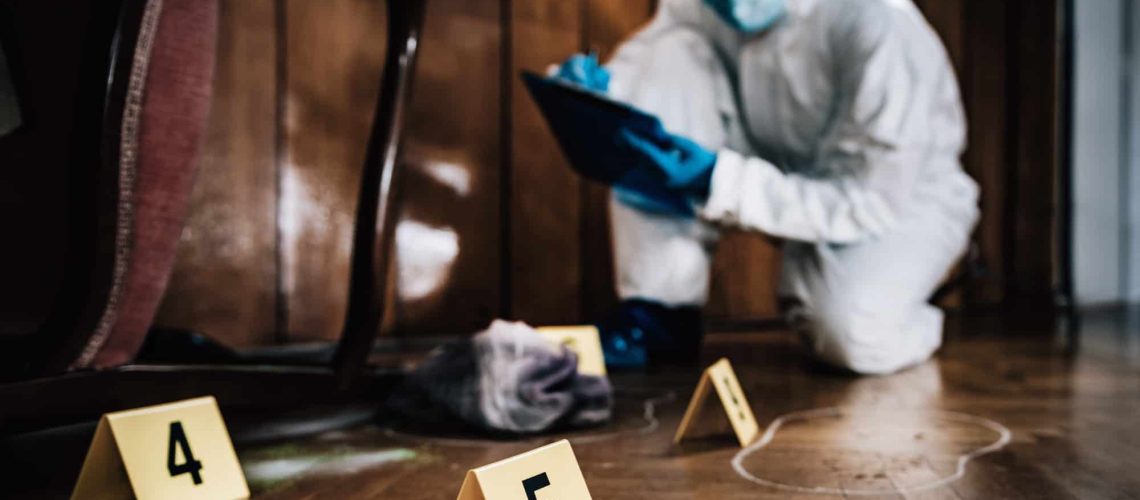The Importance of Documenting Evidence in Your Personal Injury Claim
When pursuing a personal injury claim, documenting evidence is crucial to building a strong case and maximizing the chances of obtaining fair compensation. Proper documentation provides tangible proof of the injuries sustained, the circumstances surrounding the incident, and the impact on one’s life. This blog will explore the importance of documenting evidence in personal injury claims and discuss how the expertise of the Razavi Law Group can guide victims through this crucial process.
Establishing Liability
One of the primary objectives of a personal injury claim is to establish liability, proving that the responsible party was negligent or at fault for the injuries sustained. Documentation plays a vital role in demonstrating the defendant’s breach of duty and the connection between actions and one’s injuries. This may include photographs of the accident scene, eyewitness testimonies, police reports, or any other relevant evidence that supports the victim’s version of events.
Demonstrating the Extent of Injuries
Accurate documentation of injuries is essential to assess the extent of harm caused and the impact on physical and emotional well-being. Medical records, including diagnoses, treatment plans, and progress notes provide objective evidence of injuries. Medical records help establish the connection between the accident and specific injuries, allowing for a thorough evaluation of the damages suffered.
Calculating Damages
Documenting evidence is crucial for calculating the damages entitled to in a personal injury claim. Medical bills, prescription receipts, and invoices for rehabilitative services form a tangible record of the economic losses incurred. Additionally, a detailed account of any out-of-pocket expenses related to injuries, such as transportation costs or home modifications strengthens a case for compensation.
Supporting Non-Economic Damages
Non-economic damages, such as pain and suffering, emotional distress, and loss of enjoyment of life, are more challenging to quantify. However, proper documentation can significantly support a claim for these types of damages. Personal journals, photographs, and testimonies from family members or mental health professionals can provide insight into the emotional and psychological toll the accident has taken on a life.
Preserving Evidence
In personal injury cases, time is of the essence when it comes to preserving evidence. Physical evidence, such as damaged property or defective products should be secured and preserved as soon as possible. Surveillance footage, if available, should be obtained before it is overwritten or deleted. By taking immediate action to document and preserve evidence, individuals strengthen a case and prevent potential loss of crucial information.
The Role of the Razavi Law Group
The process of documenting evidence can be complex and overwhelming, particularly when dealing with the physical and emotional aftermath of an accident. Razavi Law Group (RLG) will provide the necessary expertise to guide clients through this crucial step.
RLG’s experienced Santa Ana personal injury attorneys understand the importance of preserving evidence and will assist in gathering and organizing all relevant documentation. RLG works closely with clients to ensure that no crucial evidence is overlooked, strengthening cases and increasing chances of successful outcomes.
Additionally, the Razavi Law Group has access to a network of medical professionals and experts that provide objective assessments of injuries and their impact on life. This comprehensive approach ensures that all aspects of claims are thoroughly documented, supporting all clients’ pursuits of fair compensation.
Contact Razavi Law Group
Documenting evidence is an essential component of personal injury claims. Proper documentation strengthens cases by establishing liability, demonstrating the extent of injuries, calculating damages, and supporting non-economic losses. With the guidance of the Razavi Law Group, clients can navigate the complexities of this process and ensure that all crucial evidence is properly documented and preserved. Remember, the importance of documenting evidence in personal injury claims cannot be overstated, as it forms the foundation for seeking deserved compensation.




